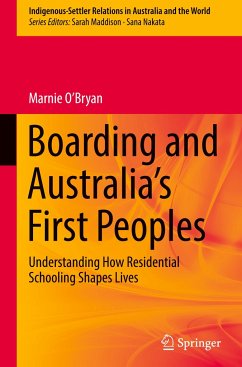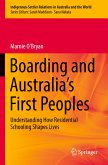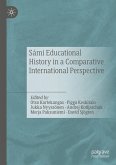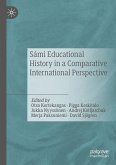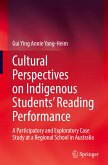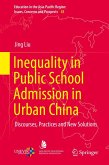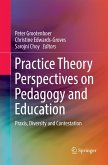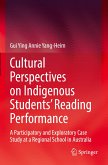This book takes us inside the complex lived experience of being a First Nations student in predominantly non-Indigenous schools in Australia. Built around the first-hand narratives of Aboriginal and Torres Strait Islander alumni from across the nation, scholarly analysis is layered with personal accounts and reflections. The result is a wide ranging and longitudinal exploration of the enduring impact of years spent boarding which challenges narrow and exclusively empirical measures currently used to define 'success' in education.
Used as instruments of repression and assimilation, boarding, or residential, schools have played a long and contentious role throughout the settler-colonial world. In Canada and North America, the full scale of human tragedy associated with residential schools is still being exposed. By contrast, in contemporary Australia, boarding schools are characterised as beacons of opportunity and hope; places of empowerment and, in the best, of cultural restitution.
In this work, young people interviewed over a span of seven years reflect, in real time, on the intended and unintended consequences boarding has had in their own lives. They relate expected and dramatically unexpected outcomes. They speak to the long-term benefits of education, and to the intergenerational reach of education policy.
This book assists practitioners and policy makers to critically review the structures, policies, and cultural assumptions embedded in the institutions in which they work, to the benefit of First Nations students and their families. It encourages new and collaborative approaches Indigenous education programs.
Used as instruments of repression and assimilation, boarding, or residential, schools have played a long and contentious role throughout the settler-colonial world. In Canada and North America, the full scale of human tragedy associated with residential schools is still being exposed. By contrast, in contemporary Australia, boarding schools are characterised as beacons of opportunity and hope; places of empowerment and, in the best, of cultural restitution.
In this work, young people interviewed over a span of seven years reflect, in real time, on the intended and unintended consequences boarding has had in their own lives. They relate expected and dramatically unexpected outcomes. They speak to the long-term benefits of education, and to the intergenerational reach of education policy.
This book assists practitioners and policy makers to critically review the structures, policies, and cultural assumptions embedded in the institutions in which they work, to the benefit of First Nations students and their families. It encourages new and collaborative approaches Indigenous education programs.

